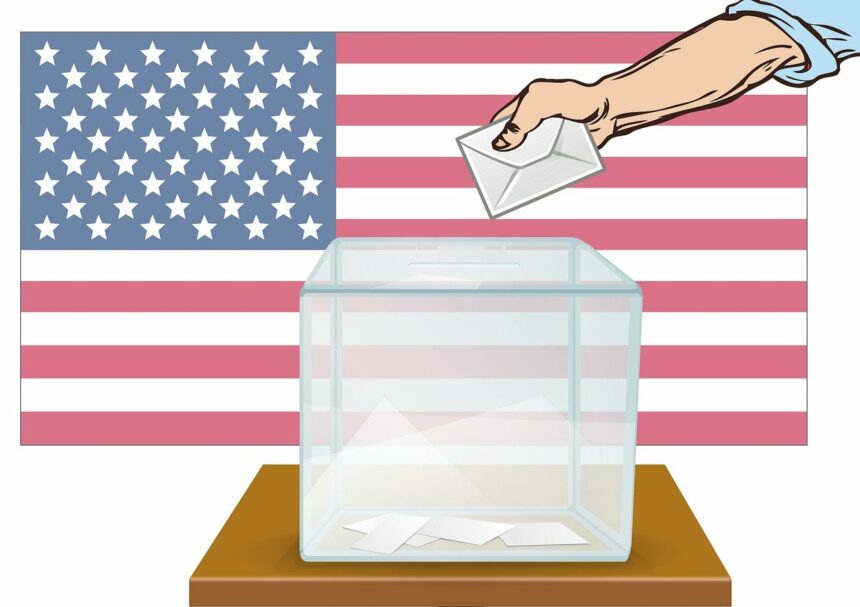As the ballots prepare to fly in the 2024 U.S. Midterms, a new battlefield emerges: the digital one. Beyond the heated debates and passionate rallies, cybersecurity casts a long shadow, raising critical questions about the integrity and resilience of the American electoral process.
From fears of foreign interference and sophisticated hacking attempts to the rampant spread of online disinformation, the specter of cyber threats hangs heavy over the upcoming elections. The stakes are high – the stability of American democracy itself rests on ensuring a secure and tamper-proof voting system.
Voting Under Siege
In an age of interconnected networks, the vulnerabilities of critical election infrastructure are a pressing concern. Outdated voting machines, lax cybersecurity practices, and limited resources in local election offices all create entry points for malicious actors. The specter of hacking into voter databases, manipulating ballots, or disrupting polling stations looms large, threatening the very foundation of trust in the electoral process.
Misinformation on the March
Beyond the technological threats, the weaponization of misinformation presents another formidable challenge. Social media platforms have become breeding grounds for fake news and propaganda, designed to sow confusion, manipulate public opinion, and sway voters. Deepfakes, fabricated news articles, and coordinated bot campaigns can distort reality and undermine faith in legitimate information sources. The consequences can be dire, potentially influencing election outcomes and eroding the fabric of informed democratic discourse.
Protecting Democracy in the Digital Age
To navigate this perilous terrain, a multi-pronged approach is necessary. Strengthening cybersecurity measures, upgrading voting infrastructure, and implementing stricter data privacy regulations are crucial first steps. Investing in cybersecurity training for election officials, raising public awareness about online threats, and fostering collaboration between tech companies and government agencies are equally important. Finally, promoting media literacy and critical thinking skills among voters is vital in combating the spread of misinformation and safeguarding democratic values.
The 2024 U.S. Midterms are not just about choosing representatives – they are a litmus test for the resilience of American democracy in the digital age. By acknowledging the cyber threats, taking proactive measures to secure our elections, and empowering voters with knowledge and vigilance, we can ensure that the sanctity of the vote prevails in the face of these new challenges.



